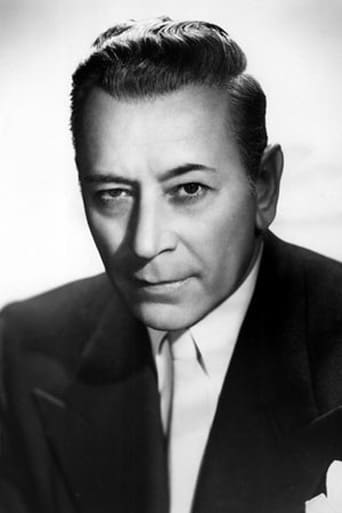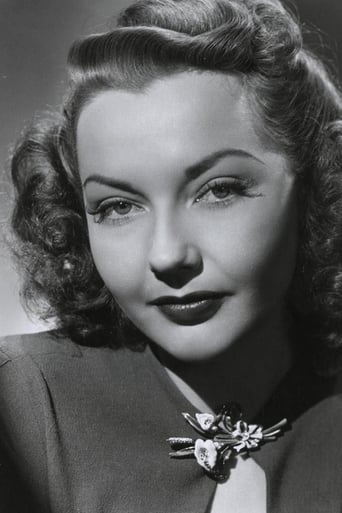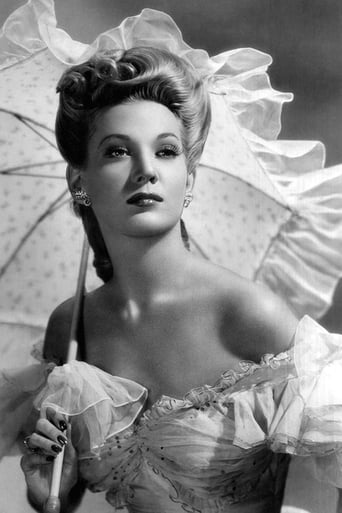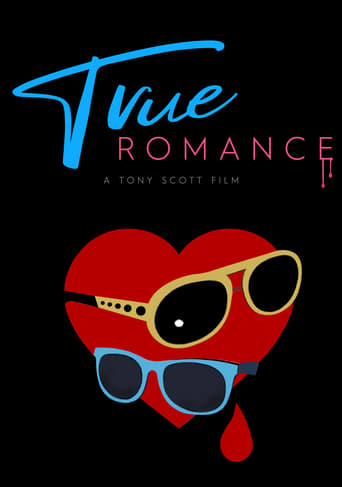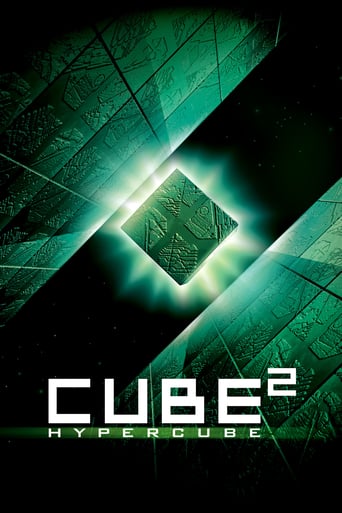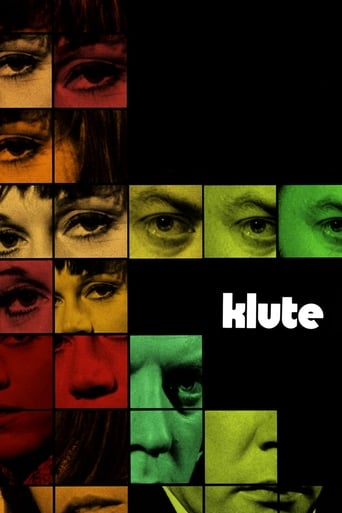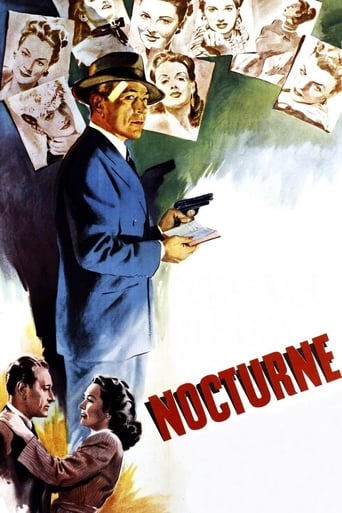
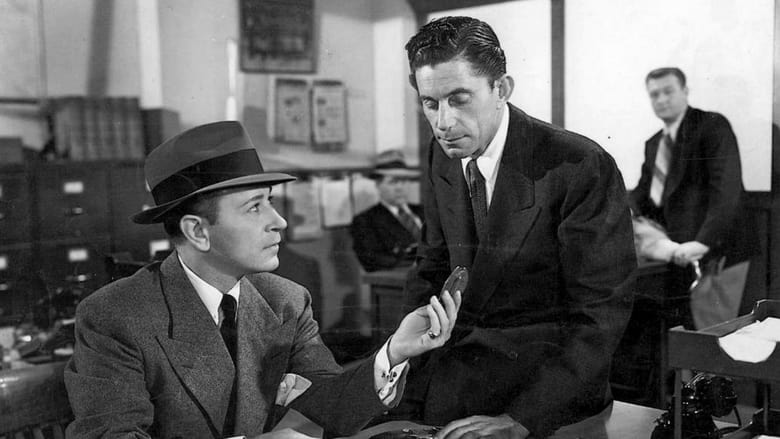
Nocturne (1946)
In 1940s Los Angeles, when womanizing composer Keith Vincent is found dead, the inquest concludes it was a suicide but police detective Joe Warne isn't so sure.
Watch Trailer
Cast
Similar titles
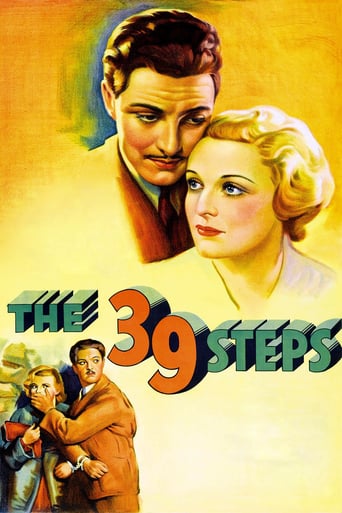

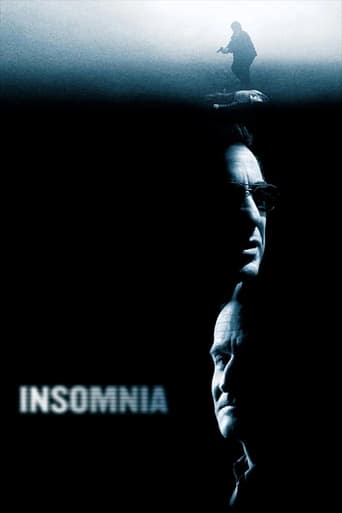
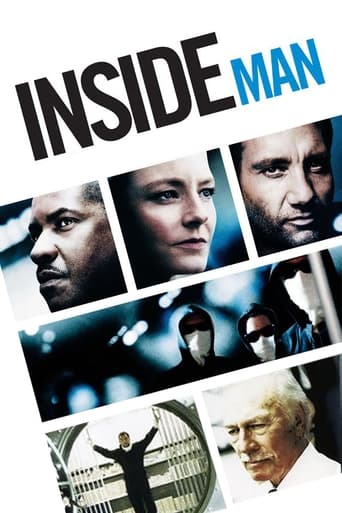
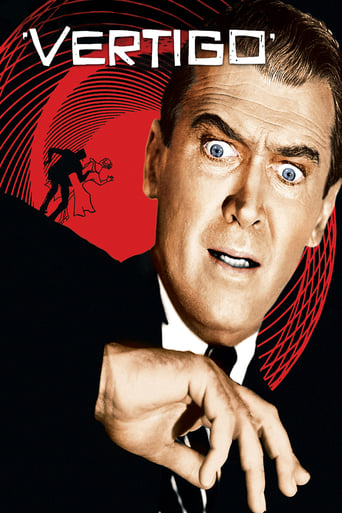
Reviews
best movie i've ever seen.
A Masterpiece!
Strong acting helps the film overcome an uncertain premise and create characters that hold our attention absolutely.
The movie turns out to be a little better than the average. Starting from a romantic formula often seen in the cinema, it ends in the most predictable (and somewhat bland) way.
A detective tries to find the killer of a composer who was presumed to have committed suicide. The charismatic George Raft does a good job here as the detective who doesn't accept a suicide was murder. This atmospheric and moody thriller scoots along swiftly as the mystery as to who killed the man deepens. Raft is helped by a decent cast especially the beguiling Lynn Bari as Rafts chief suspect. The well paced script shows plenty of wit and lots of snappy one liners. It builds the suspense well as Raft slowly uncovers the truth.This is a classy and very entertaining 1940's thriller that holds up well today. Well worth seeking out.
After George Raft left Warner Brothers in the early 1940s, his career was in the toilet. He'd rejected the leads in some amazingly successful films that would have made him a mega-star of the first caliber--such as "The Maltese Falcon", "Casablanca" and "Double Indemnity" (among others). His stubbornness and a string of mediocre films instead of hits really killed his career. By 1946, he was practically a has-been--and frankly most of his films of his latter career were really dull. In light of this, I had little faith in "Nocturne". Fortunately I was wrong.This movie hooked me early on--with two brilliant scenes that really set the stage for the rest of the movie. First, a playboy is talking to his latest conquest. It's obvious that she's just another notch on his bedpost and you only see her in the shadows. He basically sits there playing the piano as he laughs at her for trusting him. Nice guy, huh?! Then, when she blasts him, the audience is hooked--a wonderful way to get the viewer interested. Second, when the cops are investigating, the Lieutenant (George Raft) sits down at the piano and begins playing the unfinished song the creep had been working on when he was plugged--and the whole time the body is STILL lying there under the piano! What a tough film! I knew this wasn't going to be one of the dull Raft films he made so many of in the late 40s--this one had style.Upon further investigation, the coroner rules the case a suicide! However, the viewer knows this isn't so and Raft is inclined to think it's murder. After all, the creep had a long string of ladies who he'd used--surely one of them was mad enough to kill! While he's right, his methods during his investigation leave a lot to be desired. Now his methods aren't any more harsh than most cops in film noir movies--but that IS pretty harsh. However, unlike other noir films, Raft is rewarded for his actions by being fired! You can't just rough up people and act like you own the world without consequences--and I liked this aspect of the film, as it heightened the realism.Despite being fired, Raft is doggedly determined to investigate the case to the end. With a bit of help from, of all people, his sweet mother, Raft slowly starts to unravel the mystery. Considering that there is a big goon bent on breaking him in half, it's not so certain he won't be the next murder victim! Pluses for the film are, of course, the first five minutes, but also the great fight scenes (particularly at the 80 minute mark), an interesting plot and the fact that a cop CAN'T just beat up people and do what he wants--making it a lot more realistic than some noir films. Well worth seeing--and one of Raft's best films of his post-Warner Brothers years. Exciting and stylish. I nearly gave this one a 9--it was that good.
This neat little noir thriller is a rare find. The dialog is witty and clever. The acting, mainly by a second-line cast, is better than in many bigger budget movies. I was especially impressed by Myrna Dell's performance. Plus she had some of the best lines in the flick, i.e., "He was a lady killer. But don't get any ideas. I ain't no lady." Another line, "Who ever heard of a detective wearing a hat," is uttered by a dance hostess instructing Dt. Joe Warner (George Raft) who is trying to squeeze information out of her about the suicide (the audience knows it is murder)of composer Keith Vincent (Edward Ashley). Such witticisms are scattered throughout the film.Many critics rate George Raft's performance in "Nocturne" as poor at best. But actually he plays the part fairly well as the director, producer, and writers intended for Joe Warner to be. He is a mama's boy (40's and still living with mom). He is definitely a Hitchcockian lead character - producer Joan Harrison comes in to play here. Hitchcock would take this image to its utmost realization with Norman Bates. As critics have pointed out in other IMDb reviews Joe Warner's mom (Mabel Paige) has some of the best scenes in the movie. Since he is living at home and obviously supported by his mother, Joe can afford to indulge in going his own way. He does not have a family to support. One reason he is so interested in the case is his love for music. He and his mom both play piano. In one scene he talks about spending much of his spare time attending the opera. So music and murder intertwine. "Nocturne" is appropriate as a title, not only because it is the name of the murdered's composer last composition which he had not quite finished when shot to death, but nocturne also connotes L.A. nightlife where much of the action in the film takes place. Nocturne can also be used to describe the tangled minds of many of the frequenters of the clubs and hang-outs in the film.Some critics have mentioned that no answer is given as to why the womanizing murdered composer called all his girlfriends Delores. The writers were attempting to point out that like most womanizers, Keith Vincent was only interested in women as sex objects. A woman had no existence in his mind beyond her genitalia. He wanted sexual conquest, not commitment or any kind of romantic relationship. So to him all women had the same name. Why he chose Delores is left to the viewer to decide. Again, the influence of Joan Harrison manifests itself. Hitchcock left much to the viewer's imagination. How did James Stewart get off the roof from which he was dangling in "Vertigo?" If you have not seen "Nocturne," you are in for a treat, one of the lost treasures of the 1940's.
After George Raft handed his career to Humphrey Bogart on a silver platter, he made films like Nocturne, a somewhat routine B film noir. Though I guessed the ending, the movie was nevertheless entertaining. What I especially liked were the outside shots of '40s LA, the night club scenes, and the dance lesson scene, all of which, when viewing it today, give a real idea of the atmosphere of the era.The prolific Lynn Bari co-starred. I always found her somewhat odd-looking and older-looking than other women playing the same types of roles. She does these sophisticated, albeit street-smart women well, however. Raft is ably assisted by a good performance from Mabel Paige as his mother. But don't get me wrong. Raft is no mama's boy.
